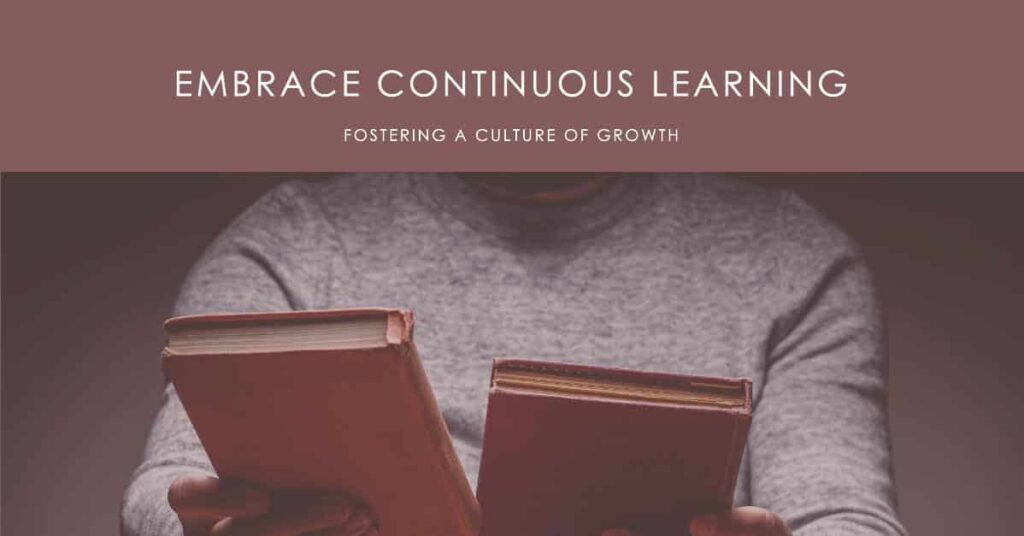Africa's Ascent: Standard Education as the Cornerstone of Development
Across the vast and vibrant continent of Africa, a narrative of development is taking shape. While challenges persist, the winds of progress are undeniable. In this narrative, standard education stands as a cornerstone, a crucial element in unlocking Africa’s immense potential (World Bank, 2023). This will form the crux of our discussion in this write-up as we consider the topic: “Africa’s Ascent: Standard Education as the Cornerstone of Development”.
Standardized education provides a common foundation of knowledge and skills, essential for a well-functioning society. Literacy and numeracy equip individuals to navigate the complexities of the modern world, from understanding healthcare information to participating effectively in the workforce (UNESCO, 2021). Standardized curricula ensure a baseline level of competency, allowing individuals to build upon this foundation and pursue specialized training or higher education (Akyeampong & Bruns, 2017).
Furthermore, standard education fosters critical thinking and problem-solving skills. By encouraging students to analyze information, question assumptions, and develop solutions, education empowers individuals to become active agents of change. This is particularly important in Africa, where innovation and entrepreneurship are key drivers of economic growth (African Development Bank, 2023). An educated populace is better equipped to identify local needs and develop solutions that are relevant to their context (Moyo, 2009).
Standardized education also plays a vital role in promoting social cohesion and gender equality. By bringing together students from diverse backgrounds, it fosters understanding and tolerance (Niehaus & Posel, 2010). When girls are equipped with education, they are empowered to make informed choices about their lives, health, and future careers. This not only benefits them individually but also strengthens families and communities as a whole (UNESCO Institute for Statistics, 2023).
However, the path towards achieving standardized education across Africa is not without hurdles. Resource limitations, infrastructure deficiencies, and the legacy of colonial education systems all pose significant challenges (Bray, 2020). A standardized approach must be flexible enough to adapt to the unique needs and contexts of each country and region.

Investing in teacher training and professional development is crucial. Qualified and motivated teachers are the backbone of any effective education system (Hanushek & Woessmann, 2010). Additionally, fostering a culture of continuous learning ensures that the curriculum remains relevant to the ever-evolving needs of the job market and the globalized world.
The role of technology cannot be overstated. Digital tools and platforms can bridge geographical divides, provide access to quality learning resources, and personalize the learning experience (World Bank, 2022). However, the digital divide must be addressed to ensure equitable access to these technologies.
In conclusion, Africa’s development journey hinges on the critical role of standard education. By equipping individuals with the knowledge, skills, and critical thinking abilities they need, education empowers them to become active participants in building a more prosperous and equitable future. By prioritizing teacher training, embracing technology, and adapting to local contexts, Africa can ensure its education system becomes the cornerstone of a thriving and sustainable future.
References
World Bank (2023). Africa’s Pulse. https://www.worldbank.org/en/publication/africa-pulse
UNESCO (2021). Global Education Monitoring Report 2021: Inclusion and education: All means all. https://www.unesco.org/gem-report/en/inclusion
Akyeampong, K., & Bruns, B. (2017). Comparative Education Research. Routledge.
African Development Bank (2023). Jobs for Youth in Africa. https://www.afdb.org/en/topics-and-sectors-sectors-human-capital-development/jobs-youth
Moyo, D. (2009). Dead Aid: Why Aid Is Not Working and How There Is a Better Way for Africa. Farrar, Straus and Giroux.
Niehaus, M., & Posel, D. (2010). Social Cohesion in South Africa. HSRC Press.
UNESCO Institute for Statistics (2023). Education SDG 4 Data. https://uis.unesco.org/en/topic/sustainable-development-goal-4?wbdisable=true
Bray, M. (2020). Comparative Education. SAGE Publications Limited.
Hanushek, L., & Woessmann, L. (2010). The Role of School Improvement in Economic Development. National Bureau of Economic Research.
World Bank (2022). World Development Report 2023: Data for Better Lives. https://www.worldbank.org/en/publication/wdr2023/data



